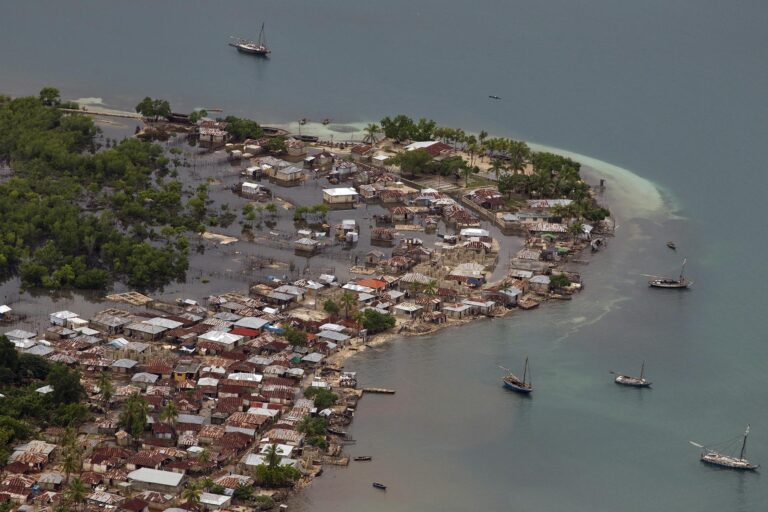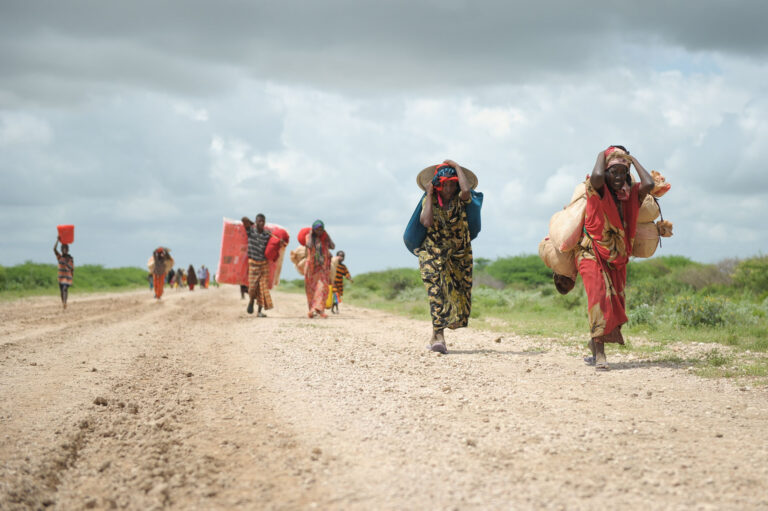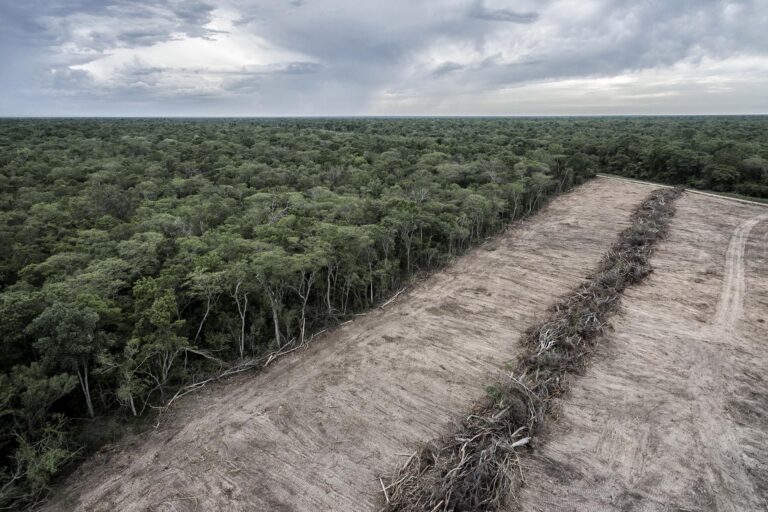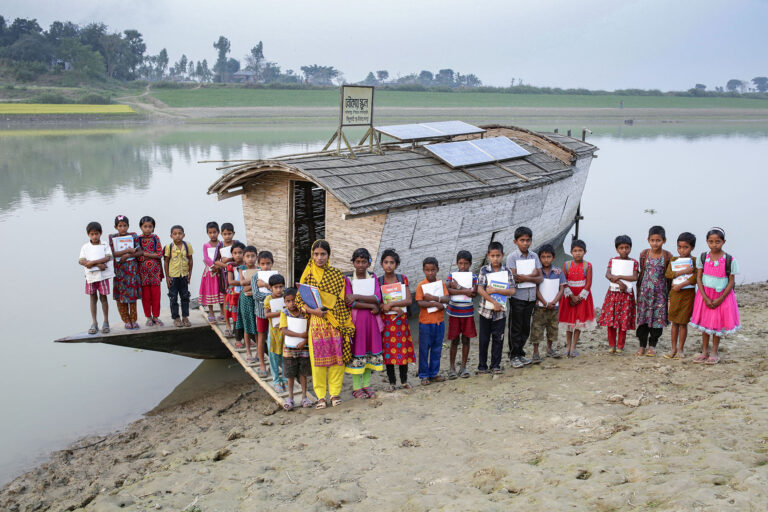“The right to a clean, healthy and sustainable environment is a human right...
Indigenous Peoples face a multitude of threats from climate change.
As with all communities that depend on and live in close relationship with the environment and its resources, Indigenous Peoples face a multitude of threats from climate change. Climate change also exacerbates the difficulties already faced by many indigenous communities, including political and economic marginalization, loss of land and resources, human rights violations, discrimination, and unemployment.
The continued extraction of fossil fuels and the increased push to mine for critical minerals needed for renewable energy pose serious threats to Indigenous Peoples, as such material is often located on or near traditional lands. Indigenous Peoples also currently manage much of the forest land being considered for emissions reduction and offset schemes to mitigate the impacts of climate change. The frequent lack of formal land tenure for such lands heightens the risk that the communities will be displaced or otherwise harmed by resource extraction.
Indigenous Peoples have the right to participate in decision-making in matters which would affect their rights, and states should consult and cooperate in good faith in order to obtain their free, prior, and informed consent prior to the approval of any project affecting their lands or territories and other resources, particularly in connection with the development, utilization or exploitation of mineral, water or other resources.
Adopted by the UN General Assembly in 2007, the UN Declaration on the Rights of Indigenous Peoples provides that states shall consult and cooperate with Indigenous peoples “to obtain their free, prior and informed consent” before adopting measures that may affect them, including those related to land or natural resources. The Declaration has the support of all but 11 countries, and is increasingly treated as a mandatory minimum standard.
ILO Convention 169, which was adopted in 1989 and went into force in 1991, states that Indigenous Peoples “shall have the right to decide their own priorities for the process of development as it affects their lives, beliefs, institutions and spiritual wellbeing and the lands they occupy or otherwise use, and to exercise control, to the extent possible, over their own economic, social, and cultural development. In addition, they shall participate in the formulation, implementation and evaluation of plans and programmes for national and regional development which may affect them directly.” The ILO Convention, which is legally binding, has been ratified by 24 countries to date.
Inclusion of Indigenous Peoples in decision-making is critical to protect their rights and for broader reasons. Indigenous Peoples are often the best protectors of land and natural resources, which include important carbon sinks in the Amazon, Borneo, the Congo River Basin, and elsewhere. As the IPCC has increasingly recognized, the traditional knowledge of Indigenous Peoples, who have been faced with adaptation challenges for centuries and have developed strategies for resilience in changing environments, can and should play a critical role to enrich and strengthen current and future adaptation efforts.
Photo Credit: A portrait of Hmong women and child in Mae Salong, Thailand. Photo by United Nations Photo (CC BY-NC-ND 2.0).
More reading...
Regional courts, such as the Inter-American Court on Human Rights (IACtHR), and European...
One of the most urgent challenges for global efforts to address the climate...
Governments have a duty to ensure that the right to education is respected,...






